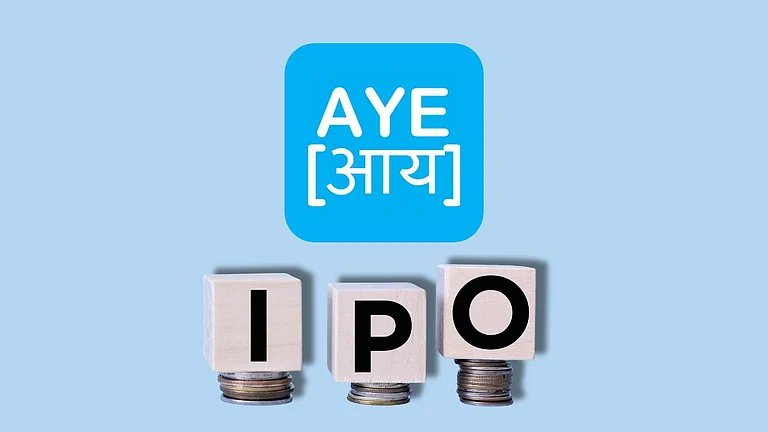A social media user posted that despite him earning a sufficiently good income, he ends up spending all of it before the 20th of every month.
“I earn close to Rs 80,000 a month after all deductions. But even that is not enough for our family of three. We exhaust my salary by the 20th-21st, and then we resort to borrowing from friends and family and sometimes take up small loans too. I don’t understand why this is happening with us, despite us living modestly," he said.
Commenting on this post, many other social media users also said that they, too, were facing the same issue and had ended up with a serious amount of debt in trying to make up the deficit.
But taking debt can create further problems. Bhuvanaa Shreeram, co-founder and head of financial planning, House of Alpha, a financial advisory firm, says that this is a treacherous path to take. Even if people claim to repay their credit card and other loans on time, all it takes is one month to slip up and then the damage begins.
Shreeram said that this is because when the income comes next month, the bulk of it goes to repay the loan, which upsets that month's budget. More loans are taken to bridge the gap. “People’s creditworthiness takes a beating, so they are forced to take more and more expensive loans”, she says.
Here are four ways which can help you learn to live within your salary and not end up in a situation like the one mentioned above.
Create A Customised Budget
You should strive to create a customised budget which adjusts to your lifestyle needs and obligations and then factor in the variables.
Abhishek Dev, co-founder and CEO, Epsilon Money Mart, a Mumbai-based financial services company, advises people to start maintaining a simple financial plan for their family. First, create a balance sheet with income and expenses, and then estimate your expenses on a rolling basis.
“We should divide our expenses into necessities; good to haves, and long-term aspirations. Necessities can't be compromised on, so they must be met immediately,” added Dev.
“Then we must estimate our income and expected growth in income and estimate what kind of investments we need to do to achieve them through our own investments instead of loans,” added Dev.
Reduce Unnecessary Expenses
A social media user commented on the same post that he had about 7 OTT subscriptions, and on most days, he hardly had time to watch about 2 or 3 of them.
Shreeram advises people that this is one of the first steps, i.e. identify that there is a problem. After the problem is identified, people must take responsibility for it and commit to solving it.
You should scan through your bank statement to find out about any such hidden expenses like OTT subscriptions, music subscriptions, gaming subscriptions, or other recurring expenses which you thought at one point would use but now do not use. It is not worth spending any more money on these things if your life’s priorities have already changed.
Measure Your Means
There is a phenomenon called ‘lifestyle creep’ wherein as your income grows, your lifestyle expenses go up.
For example, college students may be happy enough eating out with friends at a local joint, but once they start working, they maybe want to go to fancy restaurants.
If you can't afford a certain lifestyle, you are likely to land in debt.
Commit To Goal-Based Investing And Clear Your Smaller Debts
Shreeram says people in such situations should create a time-bound debt repayment plan to clear smaller debts first.
Dev says that people should create an emergency fund which can take care of our necessities for at least 6 months, and after that pool of funds is created, people should plan for goal-based investing in order of their priorities.
Shreeram advises that it is critical that people set their goals from the beginning and have a clear mindset why that goal is important. “Make and diligently follow a budget and ensure there is a surplus of income over expenses. Create a basic emergency fund and resolve to not touch it unless there's a life-or-death situation,” Shreeram adds.













